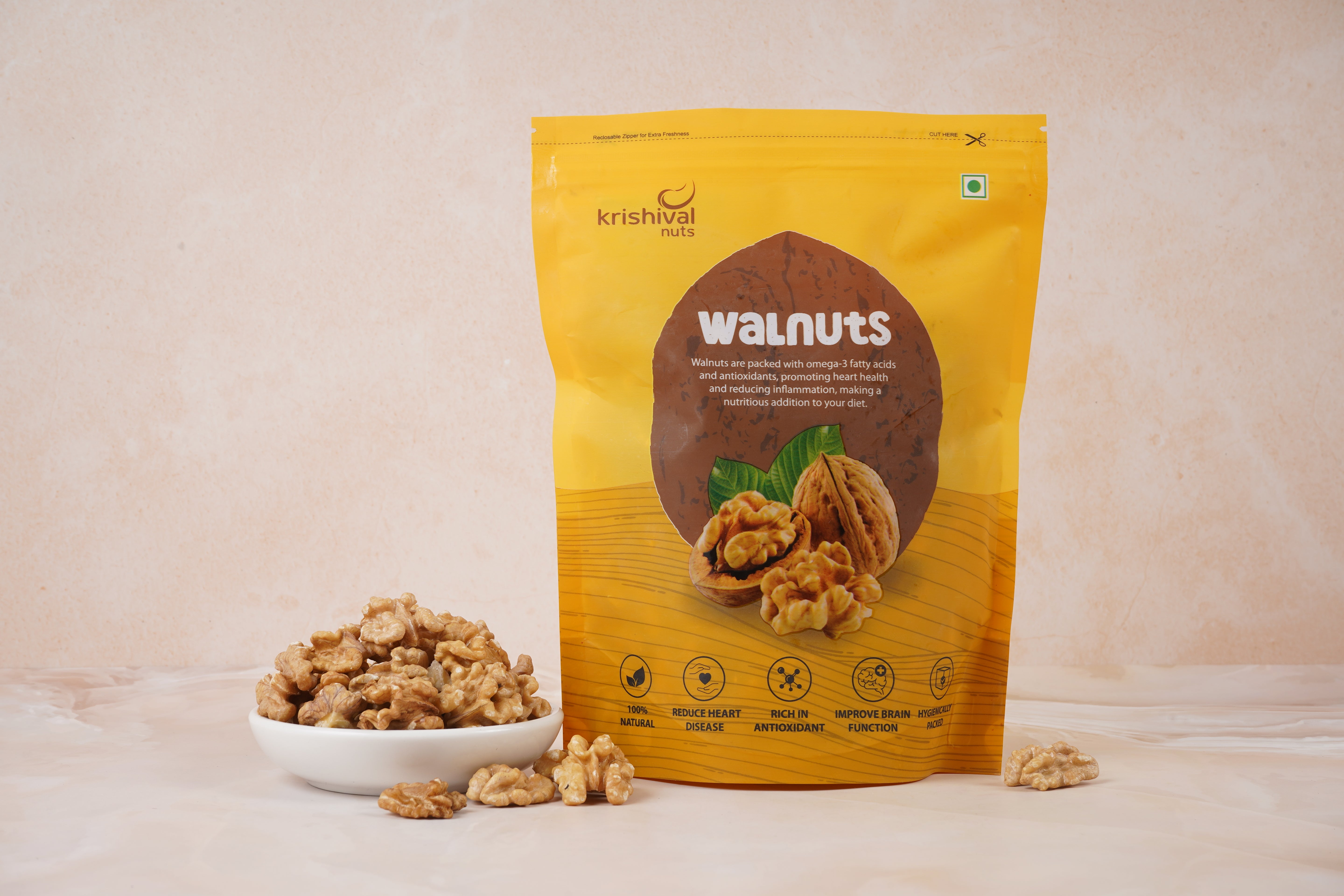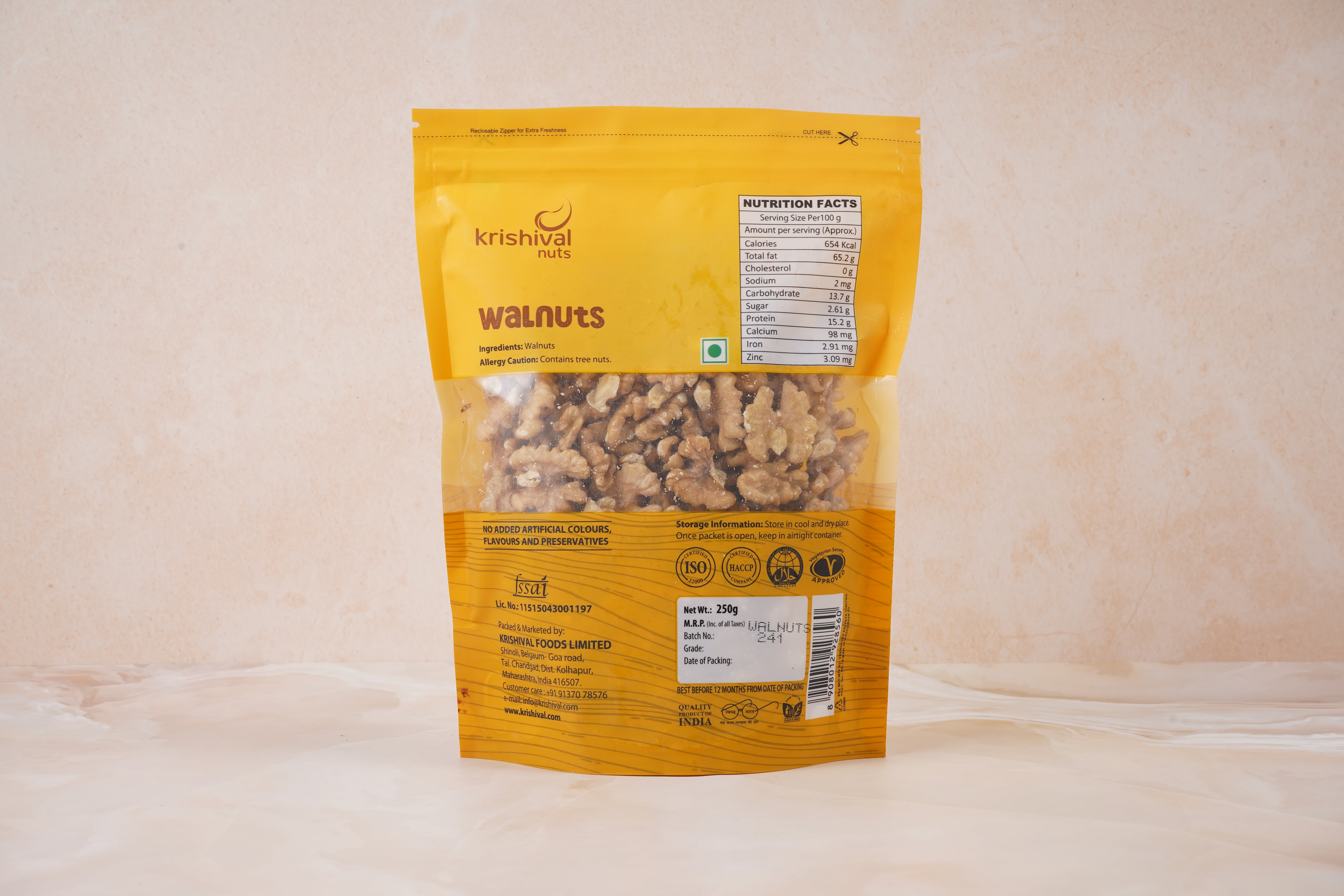Hazelnuts and coconuts are both popular choices in the keto community. Both offer healthy fats, provide essential nutrients, and are versatile ingredients. But when it comes to supporting a ketogenic diet, which one is the better option? In this comparison, we'll explore the nutritional profiles, health benefits, and how each fits into a keto-friendly eating plan. Whether you're looking for a snack, a cooking ingredient, or a source of healthy fats, this guide will help you decide between these two keto-friendly options.
Nutritional Comparison of Hazelnut vs Coconut
The keto diet focuses on high-fat, moderate-protein, and low-carb foods, so it's essential to understand how hazelnuts and coconuts fit into this balance. Below is a breakdown of their key nutritional differences per 100 grams:
|
Nutrients |
Hazelnuts |
Coconut (Raw) |
|
Calories |
~628 kcal |
~354 kcal |
|
Protein |
14g |
3.3g |
|
Fat |
61g |
33g |
|
Saturated Fat |
4.5g |
29g |
|
Carbohydrates |
17g |
15g |
|
Fibre |
10g |
9g |
|
Sugar |
10g |
6.2g |
|
Calcium |
114mg |
14mg |
|
Magnesium |
163mg |
92mg |
|
Iron |
4.7mg |
2.7mg |
Key Takeaways:
-
Hazelnuts are higher in fat and protein, making them a great choice for satisfying hunger and fueling your body with energy.
-
Coconut has more saturated fat, but the fat is mainly in the form of medium-chain triglycerides (MCTs), which can provide a quick energy source for those on keto.
-
Hazelnuts have more magnesium and iron, which contribute to heart health and improved energy levels.
-
Both have moderate carb content, but with hazelnuts, you get more fiber to help offset the carbs.
Health Benefits of Hazelnuts vs Coconut
Hazelnut Benefits
Hazelnuts are packed with healthy fats, especially monounsaturated fats, which are good for your heart. They also contain protein, making them an excellent snack to curb hunger while providing steady energy. Hazelnuts are rich in antioxidants, such as vitamin E, which supports skin health and combats oxidative stress. The high magnesium content can help with muscle function, bone health, and regulating blood pressure. Moreover, hazelnuts are relatively low in sugar compared to many other nuts, making them ideal for anyone trying to keep their blood sugar levels stable.
Coconut Benefits
Coconut, particularly coconut oil, is popular for its rich source of MCTs (medium-chain triglycerides), which are rapidly absorbed and used for quick energy. This makes coconut a perfect choice for keto dieters who need a fast source of fuel. Coconut also contains lauric acid, a fatty acid that has been shown to have antibacterial and antiviral properties. It's also beneficial for the skin, and some people use it topically for its moisturizing effects. Coconut’s fiber content promotes gut health, helping with digestion and preventing constipation, which is a common concern on keto diets.
Hazelnut vs Coconut: Which One is Better for Your Keto Diet?
For Weight Loss:
Both hazelnuts and coconut can be helpful for weight loss on the keto diet due to their high-fat content, which keeps you full and satisfied longer. Hazelnuts provide more protein, which can help in muscle building and maintaining lean mass. Coconut, however, can be particularly beneficial because of its MCTs, which may increase fat-burning and promote ketosis. If you're looking to lose weight, coconut oil in your coffee or smoothies can be a helpful addition.
For Energy and Sustained Fuel:
Coconut is a superior choice if you're looking for a quick and sustained energy source. MCTs are directly converted into ketones, which the brain and body use as fuel on the keto diet. Hazelnuts provide a more gradual, sustained energy release due to their higher fat and protein content. Hazelnuts may be the better option if you're looking for a more balanced, long-lasting energy source.
For Heart Health:
Both coconut and hazelnuts contain heart-healthy fats, but they work in slightly different ways. Hazelnuts are rich in monounsaturated fats, which are known to help lower cholesterol levels and reduce the risk of heart disease. On the other hand, coconut oil is high in saturated fats, which some studies suggest could raise cholesterol levels. However, the unique composition of coconut oil—especially its MCTs—may help improve good cholesterol levels. For optimal heart health, hazelnuts might be a safer long-term option, but coconut offers some heart benefits, especially for those who use it in moderation.
For Keto and Low-Carb Diets:
Both hazelnuts and coconut are low in carbs and can easily fit into a keto diet. Hazelnuts have slightly more carbohydrates, but they also contain more fibre to balance this out. Coconut has fewer carbs and more fat, making it a popular choice for those looking to stay in ketosis.
For Skin and Hair Health:
Coconut is the clear winner here, thanks to its nourishing fats and lauric acid, which are excellent for skin health and hydration. Many people use coconut oil topically for its moisturizing properties, and it's commonly found in hair care products for its ability to promote shiny, healthy hair. Hazelnuts also contribute to skin health due to their high vitamin E content, which is an antioxidant that helps protect skin cells from damage.
Potential Downsides of Hazelnuts vs Coconut
Hazelnuts are relatively high in calories and fat, so if you're not mindful of your portion sizes, they could contribute to weight gain. Additionally, hazelnuts contain some natural sugars, which may cause an insulin spike if consumed in large amounts. Coconut, especially coconut oil, is also calorie-dense and can contribute to weight gain if consumed excessively. Some people may also be sensitive to coconut, particularly if they have an allergy to tree nuts.
Both foods are often available in processed forms that can contain added sugars or preservatives. Be sure to choose organic, unsweetened versions when possible.
How to Incorporate Hazelnuts vs Coconut in Your Diet
There are many ways to add hazelnuts and coconut to your keto diet:
-
Hazelnuts: Snack on them as a crunchy treat or incorporate them into salads for added texture. You can also use hazelnut butter in smoothies or on keto-friendly toast.
-
Coconut: Coconut oil can be used for cooking, sautéing, or adding to coffee for a creamy texture. You can also add shredded coconut to smoothies, baked goods, or sprinkle it over salads.
Homemade vs. Store-Bought Hazelnuts and Coconut
When buying a coconut, especially in oil or milk form, check the ingredient list for any added sugars or preservatives. Hazelnuts, too, should be purchased in their raw or dry-roasted form, without added oils or sugars.
Comparison Chart: Hazelnut vs Coconut
|
Feature |
Hazelnuts |
Coconut |
|
Protein |
14g |
3.3g |
|
Fat |
61g |
33g |
|
Saturated Fat |
4.5g |
29g |
|
Carbs |
17g |
15g |
|
Fiber |
10g |
9g |
|
Best For |
Heart Health, Energy |
Energy, Skin Health |
|
Keto Compatibility |
High |
Very High |
H3 - Conclusion
Both hazelnuts and coconut provide essential nutrients and healthy fats that fit well into a keto diet. Hazelnuts offer more protein and fibre, making them great for overall health and sustained energy. Coconut, with its MCTs and lauric acid, can give you a quicker boost of energy and is especially beneficial for skin and hair health.
When choosing between the two, consider your dietary goals and preferences. If you want a more balanced option that includes healthy fats and protein, hazelnuts might be the best choice. However, if you're looking for a quick energy boost or skin benefits, coconut could be your go-to.
By adding these two keto-friendly foods to your diet in moderation, you can enjoy the health benefits of both while maintaining a balanced and nutritious eating plan.
H4 - FAQs
q1. Which has fewer carbs, hazelnuts or coconut?
Coconut has slightly fewer carbs than hazelnuts, making it a better choice for strict keto dieters.
Can I eat both hazelnuts and coconut on a keto diet?
Yes, both can be included in a keto diet, but portion control is important due to their calorie density.
Is coconut oil better than hazelnut oil for keto?
Coconut oil is rich in MCTs, which provide quick energy and are often favoured in keto diets, while hazelnut oil offers heart-healthy monounsaturated fats.
Are hazelnuts better for heart health than coconut?
Hazelnuts have more monounsaturated fats, which are known to benefit heart health, while coconut contains more saturated fats.
Which is better for digestion, hazelnuts or coconut?
Both are beneficial, but coconut's fibre content can help with digestion, while hazelnuts provide a more balanced nutrient profile.
Can coconut help with weight loss on a keto diet?
Yes, the MCTs in coconut oil can support fat burning and increase satiety, making it a helpful addition to a keto diet for weight loss.
Is coconut suitable for people with tree nut allergies?
Yes, coconut is not a nut and is safe for most people with tree nut allergies, although cross-contamination can occur.
Which is better for energy, hazelnuts or coconut?
Coconut provides quick energy due to its MCT content, while hazelnuts offer a more sustained source of energy.
Can I substitute hazelnuts for coconut in keto recipes?
Yes, but the flavor and texture will differ. Hazelnuts are better for baked goods and snacks, while coconut works well in smoothies and cooking.
Are there any health risks of consuming too much coconut?
Overconsumption of coconut products, especially coconut oil, can lead to excess calorie intake and possibly elevate cholesterol levels, so moderation is key.








